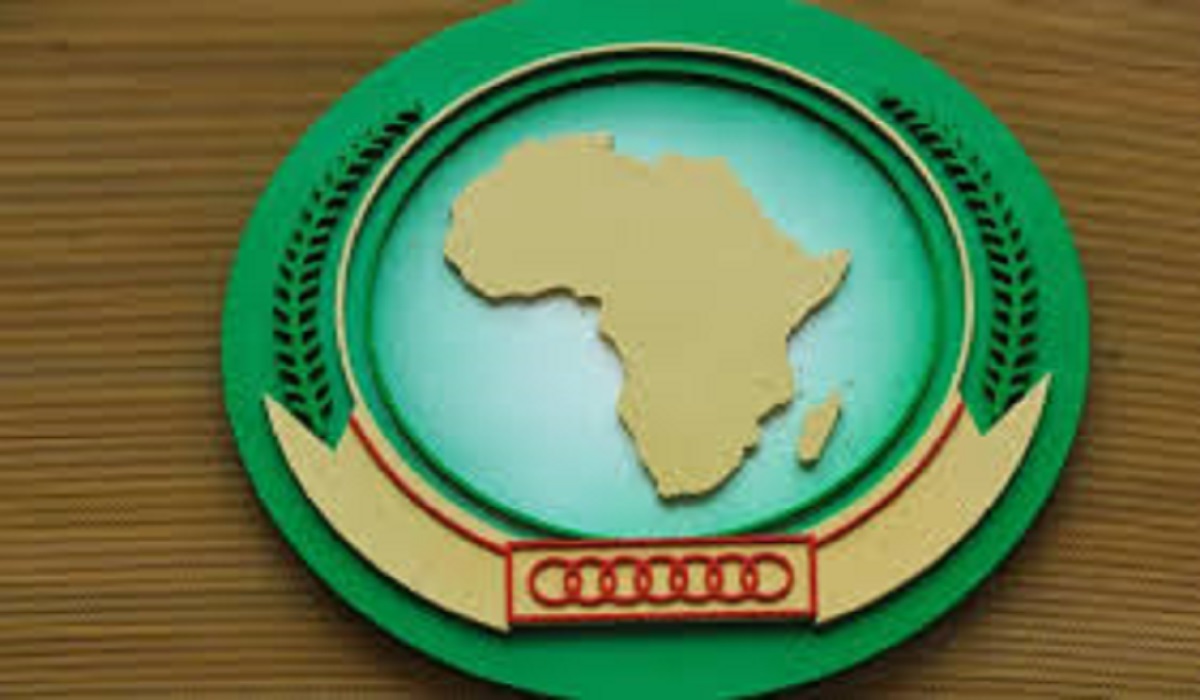AU Launches Framework to Standardize Learning Assessments Across Africa
AU Launches Framework to Standardize Learning Assessments Across Africa: The African Union (AU) has taken a significant step toward improving education quality by introducing a new framework to standardize learning assessments across the continent. This initiative aims to ensure consistent and comparable education outcomes, helping policymakers, educators, and stakeholders make data-driven decisions to enhance learning experiences for African students.
At TeacherEducator.com, we explore the implications of this framework, its benefits, challenges, and how it will shape the future of education in Africa.
Why Standardizing Learning Assessments Matters?
Education systems across Africa vary widely in curriculum, teaching methods, and evaluation standards. This inconsistency makes it difficult to:
- Compare student performance across countries.
- Identify systemic weaknesses in education.
- Allocate resources effectively.
The AU’s new framework seeks to address these challenges by creating a unified approach to assessing learning outcomes.
Key Features of the AU’s New Assessment Framework
- Common Benchmarks – Establishes standardized metrics for literacy, numeracy, and critical thinking.
- Digital Integration – Encourages the use of technology for efficient assessments.
- Teacher Training – Supports educators in implementing the new evaluation methods.
- Data-Driven Policies – Helps governments refine education strategies based on reliable data.
- Inclusivity – Ensures assessments accommodate diverse learning needs.
Benefits of a Continental Assessment Standard
- Improved Education Quality – Identifies gaps and promotes best practices.
- Better Policy Decisions – Governments can allocate budgets more effectively.
- Enhanced Teacher Support – Educators receive clearer guidelines for student evaluation.
- Global Competitiveness – Prepares African students for international benchmarks like PISA and TIMSS.
Challenges in Implementation
While the framework is promising, several hurdles remain:
- Varying Education Systems – Countries may resist changes to their existing structures.
- Funding & Resources – Implementing standardized tests requires financial investment.
- Teacher Readiness – Educators need training to adapt to new assessment methods.
The Role of Teachers in the New Framework
Teachers are at the heart of this transformation. The framework emphasizes:
- Professional Development – Continuous training on assessment techniques.
- Collaboration – Sharing best practices across African nations.
- Student-Centered Approaches – Focusing on holistic learning rather than rote memorization.
FAQs About the AU’s Learning Assessment Framework
1. What is the goal of the AU’s new assessment framework?
The goal is to create a standardized way to measure learning outcomes across Africa, ensuring consistency and improving education quality.
2. How will this framework affect teachers?
Teachers will receive training on new assessment methods and play a key role in implementing the framework in classrooms.
3. Will all African countries adopt this framework?
While the AU encourages adoption, implementation depends on each country’s policies and resources.
4. How does this compare to global assessment systems like PISA?
The AU’s framework aligns with international standards but is tailored to Africa’s unique educational needs.
5. What are the next steps after the framework’s launch?
Countries will need to integrate the framework into their national education policies, train educators, and develop assessment tools.
Conclusion
The AU’s initiative to standardize learning assessments is a game-changer for African education. By fostering consistency, improving data quality, and supporting teachers, this framework has the potential to elevate learning outcomes across the continent.
